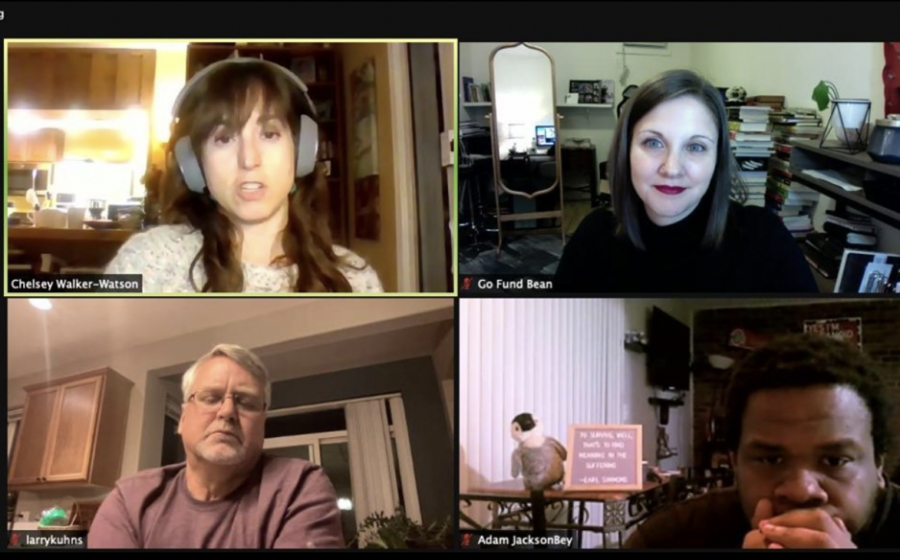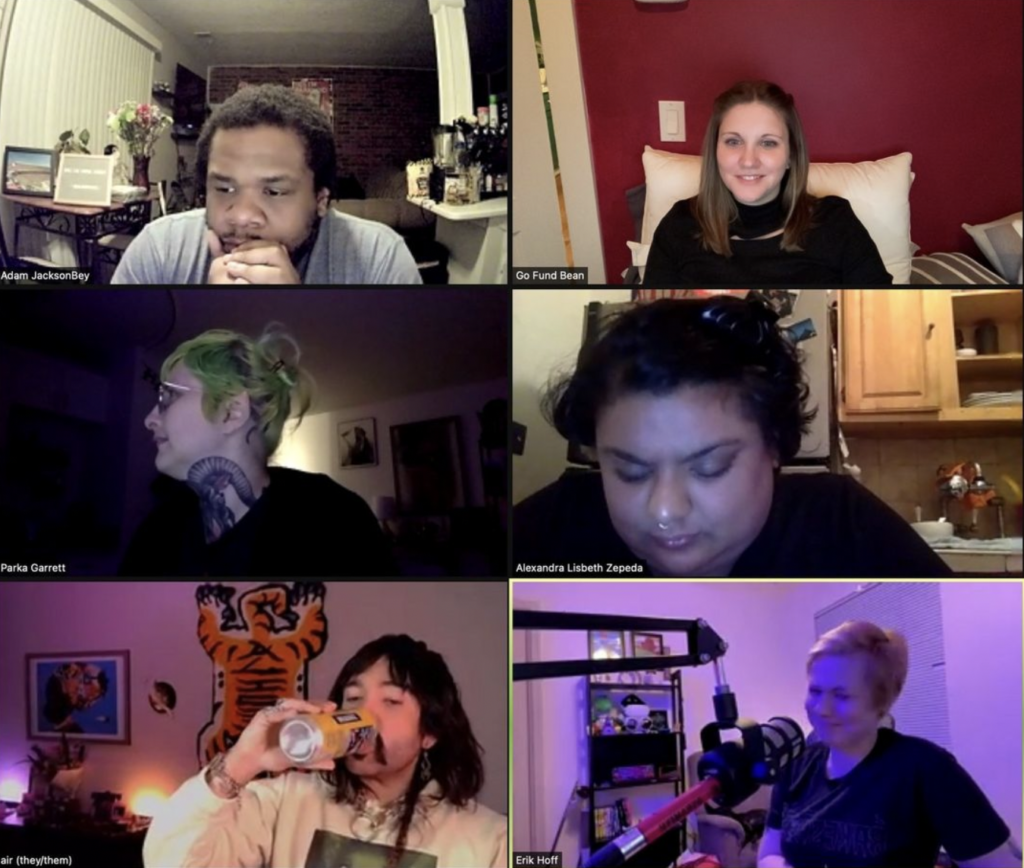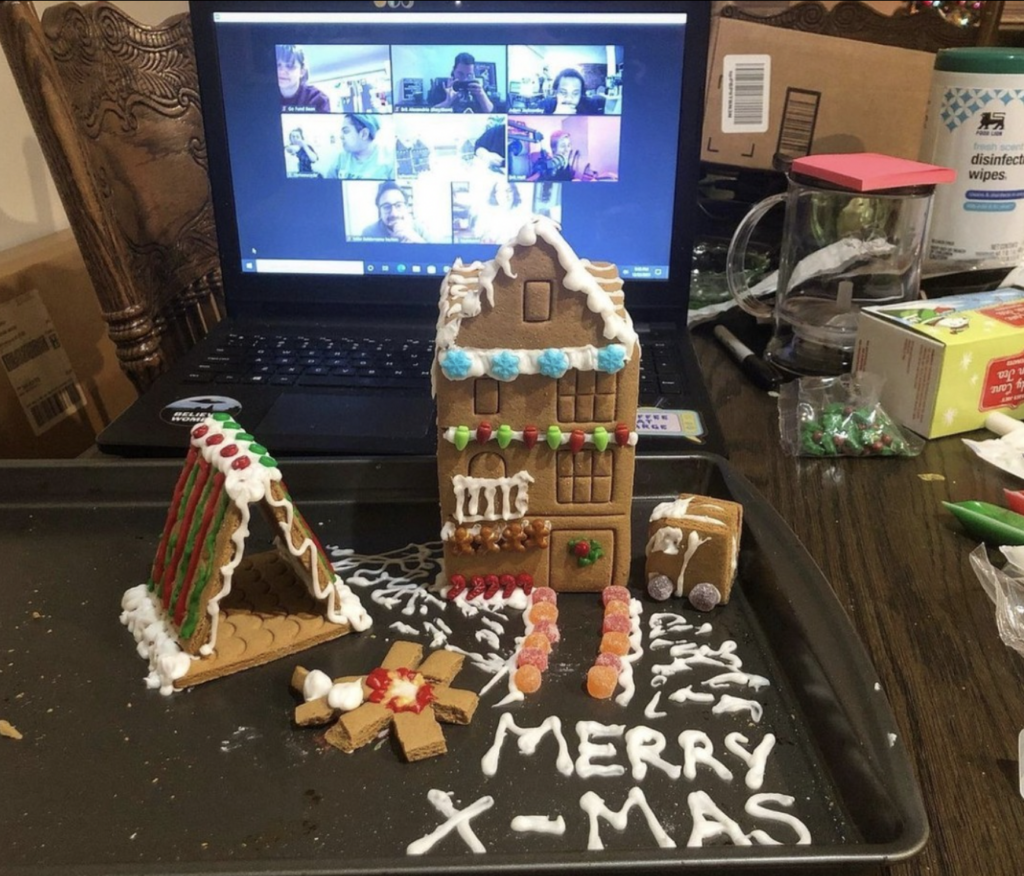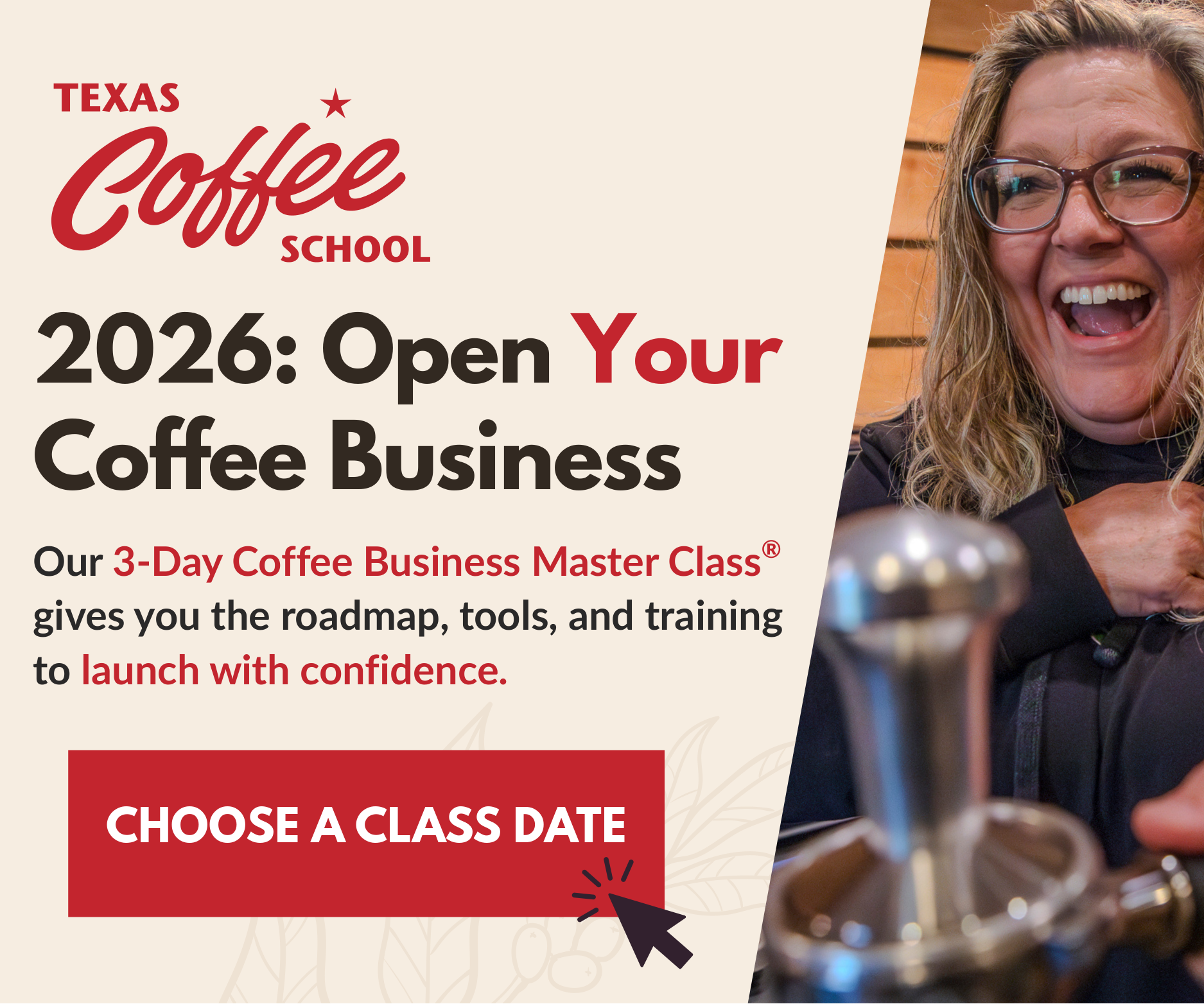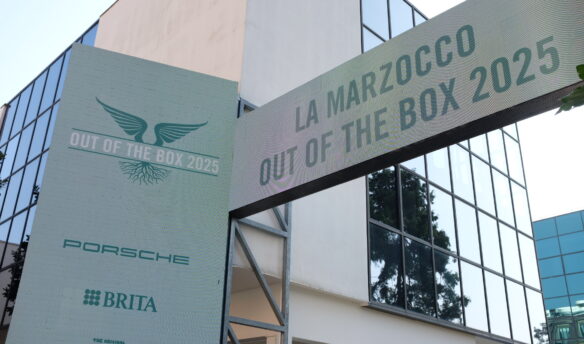Many have returned to hosting in-person events as the world tries to move past the COVID-19 pandemic. From book clubs to lectures to latte art throwdowns, barista competitions to international conferences on every subject imaginable, in-person events are booming.
Meanwhile, COVID-19 is still circulating widely, and in-person events remain out of reach for the immunocompromised and those with preexisting conditions. On top of that, many with disabilities or fiscal limitations—groups that could not always gather in person before the pandemic—found community through digital events during lockdown restrictions and are now losing that access.
In the early stages of the pandemic, many events moved to virtual platforms. Virtual events quickly emerged as an excellent tool for building coffee communities beyond the barriers of COVID-19—virtual events also addressed physical and financial barriers that prevented many in coffee from gathering before and since. Virtual events can be fun and creative and remain as relevant as ever.
Creating virtual spaces made sense for Go Fund Bean, a community support and mutual aid group geared primarily towards hourly coffee workers. Go Fund Bean began during the early stages of the pandemic, and the group used virtual events to engage the community and support coffee workers. Despite rarely hosting in-person events, Go Fund Bean has devised dozens of meaningful and impactful events, all accessible with the click of a button.
Virtual By Necessity
When he was sent home from work due to COVID in March 2020, Adam JacksonBey found himself with a lot of time and the need to do something. The founder of Go Fund Bean noticed that “virtual tip jars for laid-off baristas and shut down cafés started to appear on my timeline,” so he began compiling them together. “I started to use Go Fund Bean to keep up with and share these different tip jars, with a lot of help from Bailey Arnold, Jenn Chen, and Valorie Clark,” he says, naming other coffee professionals who helped launch the organization.
However, Go Fund Bean wasn’t a new concept. “The idea for Go Fund Bean started in 2019, with a goal to consolidate and share the various mutual aid funds prevalent in the coffee industry,” says JacksonBey. “Instead of hoping that someone with a large following would share or boost individuals, folks from all levels of coffee could post their needs, and it all would be shared and boosted collectively. I bought the domain, locked down the Instagram and Twitter accounts, and sat on the idea until I was able to devote time to it.”
After a week of consolidating and posting tip jars, which many companies started to help out-of-work baristas during the early weeks of the pandemic, companies began reaching out asking to donate. So they decided to create a nonprofit to disburse funds transparently. “Now,” JacksonBey says, “we support, uplift, and defend hourly coffee workers around the country in a multitude of ways, including helping them access mental health care, providing need-based and disaster relief grants, and giving them access to a variety of professional development opportunities including classes and mentorship.”
Go Fund Bean has evolved over time, but most of its events continue to happen online. “We started promoting tip jars; two and a half years later, we have a full suite of programming,” says Clark, who serves as secretary for Go Fund Bean. “We offer grants for financial hardship; we have a mental health program to get people access to therapists and psychiatry; we created a mentorship program to facilitate professional growth and more.”
All Together All Over The World
A huge component of what Go Fund Bean does to foster community and support coffee workers happens through virtual events.
“The wonderful thing about virtual events is that you’re not constrained by geography,” says Clark. “It seems obvious, but it opens a lot of doors. For instance, with a mentor/mentee relationship, you would normally be limited to your own company or city; doing things virtually means someone in Munich can be mentored by someone in San Francisco.”
For example, Go Fund Bean hosts a virtual book club where every member lives in a different city. “But it works,” says Clark. “We can chat about what we’re reading, how it impacts our work, and bring different perspectives to the table that you don’t get if everyone has the same day-to-day experience.” They also invite authors to discuss their books: in August, author Augustine Sedgewick checked in to talk about his book Coffeeland, and Clark notes, “that wouldn’t be possible without virtual events.”
Virtual events are essential to Go Fund Bean and JacksonBey because they’re more accessible than in-person events. “Anyone anywhere can attend at a much lower price point, which means that folks who previously wouldn’t have the opportunity to go can,” he says.
“Another benefit is that most accommodations you need for an event are possible digitally. The best example of this is closed captioning.” He also cites being able to record events, so interested participants can watch after the fact if schedules don’t work out in real time. “It’s also safer for many, especially the immunocompromised, while we have a couple of different pandemics going on.”
“Every event we’ve held, except for our Feeding Boston event, has been virtual,” says Clark. “The biggest one we did was the Let It Spro event, which lasted all December. It’s a time for some holiday cheer within the coffee community.” The idea behind Let It Spro was to build a calendar of events for coffee workers to do—and each event was held virtually. “Last year, we did a national gift exchange and opened presents together on Zoom,” says Clark.” We also did a gingerbread house-building competition on Zoom and a trivia night. The year before, we did a virtual happy hour, a virtual cookie baking competition, and a virtual DJ night hosted by Michelle Johnson.”
JacksonBey adds that Go Fund Bean also hosts classes and events aimed at helping coffee workers either take care of themselves or advance in their careers. They host a professional development series called Bean Development, with classes on coffee tasting and brewing. “We’ve done yoga classes for industry professionals that are recorded and accessible for a week after the class, so it is something you can take live or at your leisure.”
Always Online
Because Go Fund Bean has always been a virtual platform, operating primarily through channels like Instagram, Twitter, and Patreon, JacksonBey and Clark have become adept at creating successful virtual programs.
“Get the word out early,” advises Clark, who also runs Go Fund Bean’s marketing. “Unless you have a huge audience, the social media algorithms are against you (literally, platforms tend not to promote anything that takes people off the platform), so you want plenty of time to get the message out.”
She also recommends thinking critically about who will lead the event, especially when audience participation (like in the book club) is part of the experience. “Our most successful events have been ones where the hosts could easily keep the conversation going if everyone else on Zoom was feeling shy.”
Speaking of participation, Clark also advises giving attendees concrete ways to engage during an event so people don’t feel like they’re just sitting in on a call. “With our first round of mentors and mentees, we did a digital meet and greet,” she shares. “Instead of just having people go around the room and introduce themselves, we had people do a one-minute scavenger hunt [around their home] and tell us about the items they found as they introduced themselves. It gets people out of their chairs and is more memorable.”
When in doubt, says Clark, ask for help, particularly when promoting an event—you can even ask others to promote the event alongside you or your organization. “You should assume that the people who care about you want to help you but don’t always know what you need,” she says. “They’re not mind readers!”
JacksonBey advises taking as much feedback as possible and implementing anything feasible before, during, and after events. “People suggest things because they want to be a part of your event in whatever way possible, and if one person is suggesting it, then that means other people may be thinking it as well,” he says. “Any accommodations you can provide for folks only increases the number of people who can attend and interact with your event.”
He also urges organizers to try to plan events they would want to go to. “The best events are the ones that folks are passionate about. It’s evident in the marketing and execution of the event. Similar to the point about accommodations, if you want to go to it, chances are other folks will too, so make that event.”
And, of course, communication is vital. “Just let folks know when things are changing so they can adapt; they will appreciate it,” says JacksonBey. If you’re new to something and working out technical difficulties, attendees will understand, but as Clark says, people aren’t mind readers, so clear communication is necessary.
Go Fund Bean demonstrates that virtual events differ based on needs and goals and that so much can be done without ever meeting in person. Even for those who now attend in-person events, virtual events offer a chance to connect with new and familiar faces and to make new friends in your local community or around the world. They provide opportunities to show up for each other and enjoy ourselves while staying home and staying safe.
